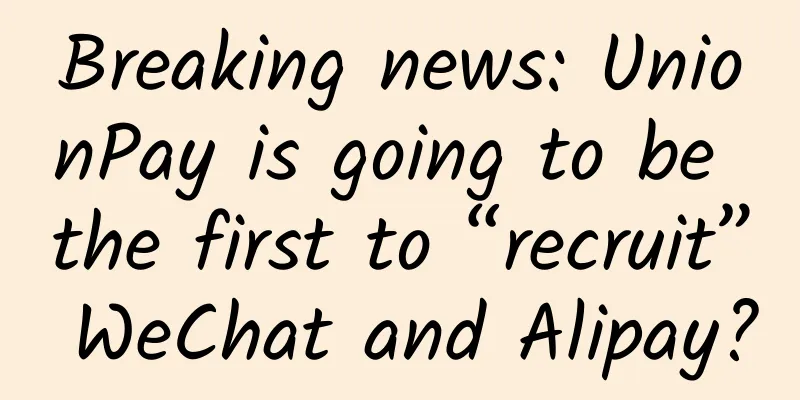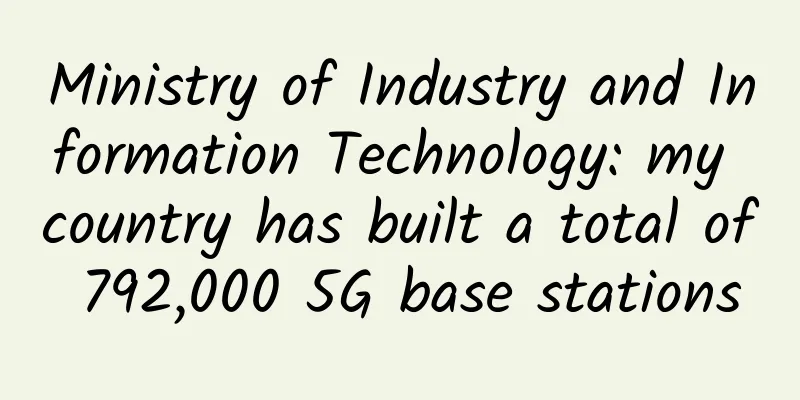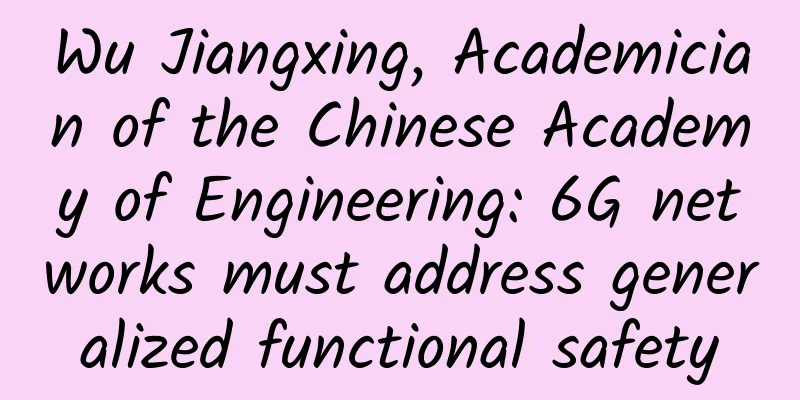Breaking news: UnionPay is going to be the first to “recruit” WeChat and Alipay?

|
Recently, a plan for WeChat and Alipay to connect to UnionPay has been circulated online, introducing the specific process of connecting WeChat and Alipay's payment acquiring services to UnionPay. UnionPay responded to the Securities Times that the plan was true, but it was still in its initial stages. WeChat and Alipay both said they were not clear and were not in a position to respond. Mobile payment has become the norm in China, and it has become a new fashion for Chinese people to go out without a wallet. Zhou Xiaochuan, the governor of the central bank, believes that in the future, paper money and coins may gradually shrink or even disappear. Currently, in the field of mobile payment, Alipay and WeChat occupy most of the market share, but their transaction settlements do not go through the People's Bank of China's settlement system, and each has its own set of payment rules that are difficult to unify. In addition, there are also concerns about financial data security and personal privacy.
On December 27 last year, the People's Bank of China website released the "Notice of the People's Bank of China on Issuing the "Barcode Payment Business Specifications (Trial)"", which clearly stipulates that from April 1, 2018, when banking financial institutions and non-bank payment institutions carry out barcode payment business involving inter-bank transactions, they must go through the People's Bank of China's clearing system or legal clearing institutions. In other words, the "Notice" prohibits third-party payment platforms from connecting directly with banks, and requires them to connect with legal clearing platforms. Currently, China UnionPay and China NetsUnion are the two largest clearing platforms. Previously, the central bank stipulated that the China Payment and Clearing Association required 45 institutions including Alipay and Tenpay to all be connected to China NetsUnion before June 30, 2018. This means that UnionPay is in a "passive" position. However, the functions of UnionPay and NetsUnion are slightly different. UnionPay focuses on the offline market, while NetsUnion is responsible for the fund settlement between the third-party payment platform and various banks online. As the third-party payment platform's access to China UnionPay is a foregone conclusion, UnionPay plans to use its offline advantages and legal clearing "identity" to gather a group of third-party platforms to access in advance, in order to ensure its "position" in the payment field. As early as January 29 this year, UnionPay launched a cardless business transfer and clearing platform, and has completed networking with some major commercial banks. For third-party platforms such as WeChat and Alipay, access to legal clearing platforms has become inevitable, but this means that their consumer data, specific transaction information and fund flows will be shared with China UnionPay or China NetsUnion, and their bargaining power with banks will decline, further reducing the space for innovation. But at the same time, with the involvement of the "national team", the entire industry has become more standardized and safer. |
<<: What IoT strategies do global operators have?
Recommend
TCP is not that difficult, right? This is a must-read
[[242081]] Munich, 2013 Nowadays, many programmer...
It is reported that the Ministry of Industry and Information Technology adjusted the inter-network settlement standards: China Telecom was disappointed, and China Mobile was removed from the list
According to online reports, the Ministry of Indu...
RackNerd: AMD Ryzen series KVM adds Seattle data center, starting at $14.18 per year
RackNerd has previously launched AMD Ryzen CPU+NV...
What is 6G and when can we expect it?
Since 5G networks are still being deployed around...
[Black Friday] Psychz Los Angeles server monthly payment starts at $15, E3 series monthly payment starts at $29
Psychz is a Chinese-owned data center that was fo...
Why are operators trying so hard to promote 5G packages?
[[426961]] In July last year, an article on Xinhu...
Russia tests "sovereign internet": it can still operate effectively after being disconnected from the world
Beijing time on the 24th, Russian Deputy Minister...
CN2 restocking: $46.7/year - dual core, 1G memory, 20G hard disk, 1TB monthly traffic, KVM, multiple computer rooms
It's been a long time since I shared informat...
Three ways artificial intelligence will change IT service management
In the quest for smarter and faster services, IT ...
Software Defined Data Center (SDDC) Architecture for Beginners
Software-defined data center is a data management...
DogYun National Day Promotion: 30% off on Elastic Cloud, 20% off on Classic Cloud, 10 yuan free for 100 yuan recharge, buy 1 month and use 2 months on dedicated server
DogYun has launched a promotion during this year&...
ZJI newly launched Korean BGP+CN2 server, 20% off monthly payment starting from 440 yuan
ZJI has launched a new product! The business is a...
spinservers: 10Gbps bandwidth US server $99/month - 2*E5-2630Lv3/128GB/1TB NVMe/30TB/month
spinservers has just released this month's pr...
You have to know these eleven functions of the router
Many friends often leave messages asking, how to ...


![[5.1]spinservers: $89/month-Dual E5-2650Lv3, 64G memory, 1.6TB SSD, 10Gbps bandwidth, Silicon Valley data center](/upload/images/67cabee7b288c.webp)



![[5G Encyclopedia] How does 5G implement TDD?](/upload/images/67eb9cae690e9.webp)


